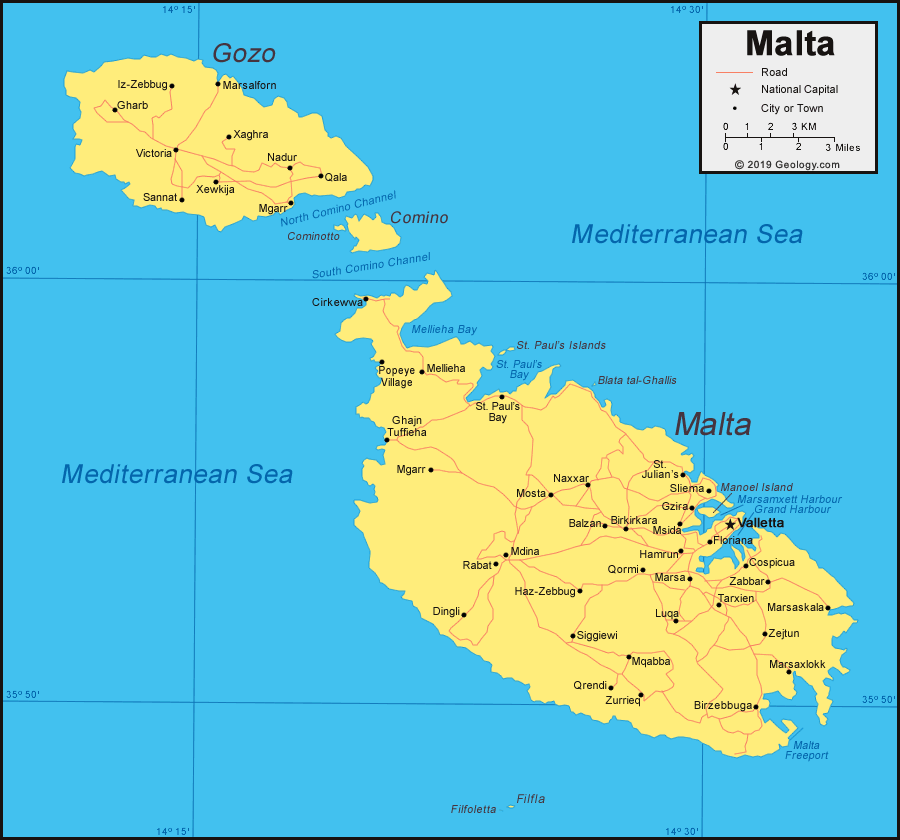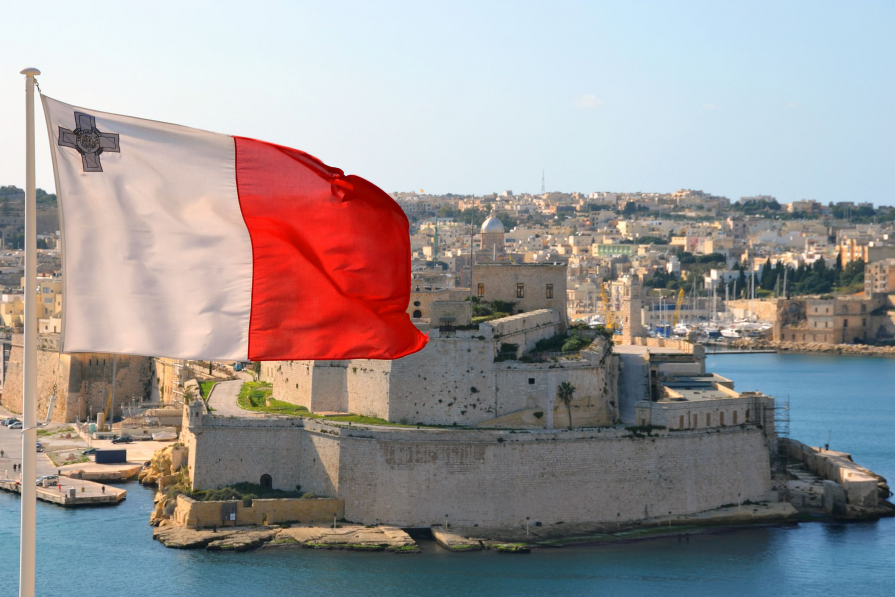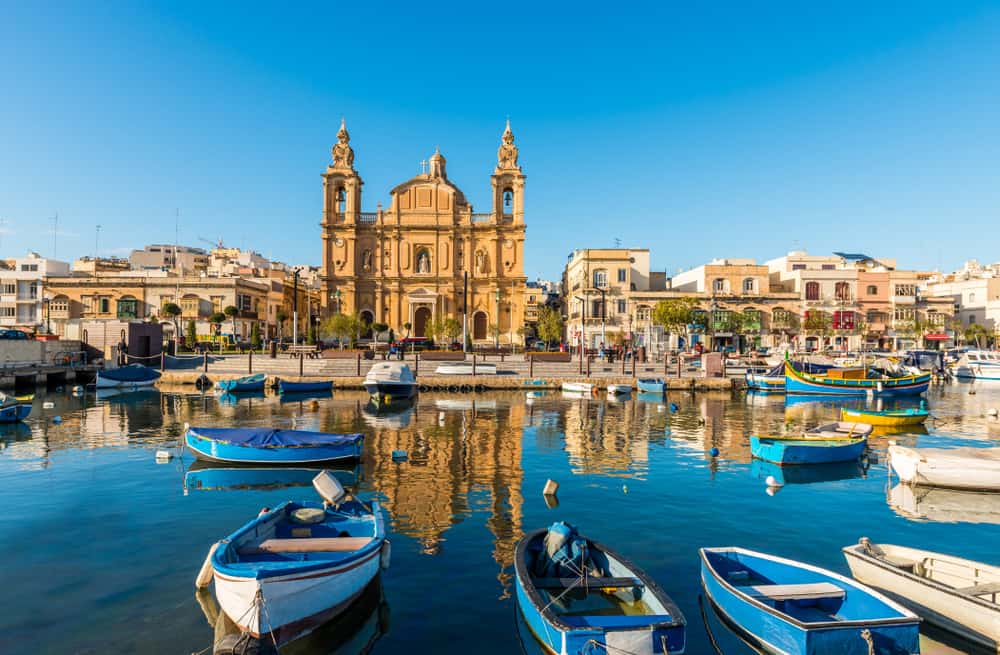Malta’s Youth Migration: Why they want to leave and what it means for the country
Malta’s inaugural “State of the Nation” survey revealed a shocking trend in the population migration of young Maltese adults aged between 18 to 34 years old. Conducted in 2019, it found that two-thirds of young Maltese adults were keen to leave the tiny island nation sometime in the next three years. The reasons given by those surveyed were many, ranging from limited career opportunities to lack of affordable housing. But there is one striking fact that stood out among the many answers – their desire to leave home.
The survey’s findings are alarming, and if not checked, could have serious consequences for Malta’s young population and future growth potential. But before we delve into the issue, let us first examine Malta’s current social, political, and economic context.
Understanding the Current Situation
Home to about 450,000 people, Malta is one of the smallest countries in Europe. In recent years, the country has seen a significant growth spurt on an economic scale, with significant foreign direct investments, particularly in the gaming and financial sectors.
While this has undoubtedly created some job opportunities, the spike in property prices and rental rates that came with it is a massive concern. Additionally, the COVID-19 pandemic has had an adverse impact on the economy, with many losing their jobs and struggling to make ends meet.
Data from the State of the Nation survey showed that the younger generation is generally inclined to believe that Malta is heading in the wrong direction. They are either disillusioned by the job market’s limited opportunities or the high cost of living on the island. It doesn’t help that Malta’s wages are the lowest in the EU, while taxes remain relatively high.
Reasons for Disillusionment
When looking at the factors that contribute to the young population’s disenchantment, it’s necessary to take a closer look at their reasons for wanting to leave Malta. The range of answers is extensive, but one thing is clear – young people want to explore opportunities beyond the Maltese shores. One respondent said they wanted to leave “to gain more experience and exposure,” while another said it’s “to experience life and work abroad.”
Beyond individual reasons, the survey’s results reflect a sense of general discontent with growing issues such as the lack of affordable housing, good-paying jobs, and access to quality healthcare. When faced with such economic challenges, young people feel that leaving Malta is the best option for a better future.
Effects on Society and Future of Malta
Malta’s economy is already facing problems like an aging population and shortages in the workforce, and the younger generation’s willingness to leave will exacerbate these issues. Moreover, it risks Malta’s future by losing some of its brightest and innovative minds who could help drive economic growth.
The long-term effect of this trend could have social implications as well. According to research, those who leave to pursue greater opportunities abroad tend to stay there for longer and may start families of their own. This could result in a continual loss of younger generations, leading to a significant reduction in the country’s human capital and a negative impact on the economy.
Challenges to Address the Problem
There are several essential challenges in improving the situation for young Maltese individuals who want to stay and contribute to the country. Addressing these makes the difference between retaining and losing potential talent. Initiatives that help students attain quality education, including internships, hands-on practical opportunities, and partnerships between educational institutions and industries, are essential solutions. They can provide the necessary support and knowledge for graduates to pursue a successful career in their home country.
The role of the government is significant in keeping the younger generation in Malta. Uniform measures to solve the housing problem, adjusting taxes and wages, will go a long way in easing some of the issues that push them to leave. Furthermore, offering alternative career paths and better compensation to the younger population will motivate them to consider staying in Malta.
The Role of Youth in Malta’s Future
Malta’s future is predicated on its youth. Young people have the potential to contribute so much to the country’s growth while opening new opportunities for themselves and their peers. Therefore youths must stay engaged and involved in their country’s decisions. Malta’s focus on young people and their active participation in public policy decision-making could improve their faith in the government and encourage them to stay and contribute to their country.
Conclusion
The survey results suggest that young Maltese are disillusioned with the prospects of staying in their home country, and this trend could have a profound impact on the country’s human capital and future economic performance. More needs to be done to ameliorate the factors contributing to young people’s dissatisfaction. The steps taken today to keep Malta’s youth can secure a prosperous tomorrow. All parties, including the government, private industry, and young individuals, must work together to reverse the brain drain trend and make Malta the choice for young people.
FAQ
Q. What was Malta’s State of the Nation survey?
The State of the Nation survey was a research project conducted in 2019 that polled Maltese citizens over 18 years old about various topics related to society, politics, and economy.
Q. What were the survey results?
The survey revealed that two-thirds of young Maltese adults aged between 18 to 34 years old expressed the desire to leave Malta sometime in the next three years. Reasons given ranged from limited career opportunities to high cost of living and the growing housing crisis.
Q. Why is the youth migration trend a concern?
The trend, if unchecked, will have significant economic and societal implications for Malta, leading to reduced human capital and negative impacts on the economy. Additionally, younger generations are Malta’s future drivers of innovation and growth.









